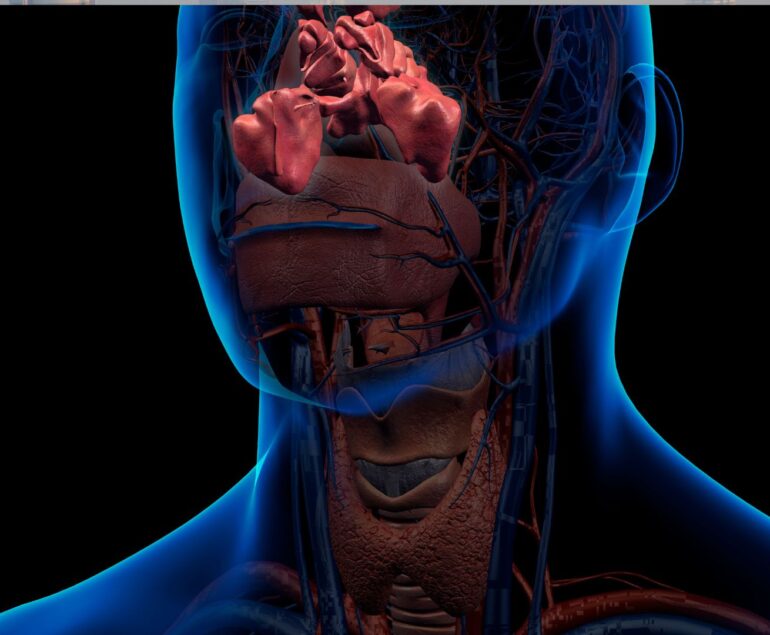Vertigo is a common problem that affects many people all over the world. It is a feeling of spinning or dizziness that can be caused by a number of things, such as problems with the inner ear, neurological diseases, and some medicines. In this blog post, we’ll talk about what causes vertigo, what its symptoms are, and how to treat it.
Causes of Vertigo
Vertigo can be caused by a range of factors, including:
- Problems with the inner ear: The inner ear has tiny organs that help keep your balance. If these organs are hurt or inflamed, they can send the brain false signals that make you feel dizzy. Meniere’s disease, vestibular neuritis, and benign paroxysmal positional vertigo are all problems with the inner ear that can cause vertigo (BPPV).
- Vertigo can be caused by problems with the brain, like multiple sclerosis or a stroke, that affect the parts of the brain that control balance.
- Some medicines, like antibiotics or medicines for high blood pressure, can make you feel dizzy as a side effect.
- Vertigo can also be caused by not drinking enough water, having low blood sugar, or being anemic.
Symptoms of Vertigo
Vertigo is most often felt as a spinning sensation or dizziness. Some other signs could be:
- Nausea or vomiting
- Sweating
- Abnormal eye movements
- Headache
- Ringing in the ears (tinnitus)
How to treat vertigo
Treatment for vertigo depends on the underlying cause. Common treatment options include:
- Medication: Drugs like meclizine or diazepam can help relieve vertigo symptoms.
- Canalith repositioning manoeuvres: The Epley manoeuvre is an example of a canalith repositioning manoeuvre that can help ease the symptoms of BPPV.
- Physical therapy: Physical therapy, like vestibular rehabilitation therapy, can help people with vertigo get their balance back and feel less dizzy.
- Surgery: If the symptoms are very bad, surgery may be needed to help. For people with vertigo, surgery options include cutting the vestibular nerve or removing the labyrinth.
Preventing Vertigo
While it is not always possible to prevent vertigo, certain lifestyle changes may help reduce the risk of experiencing an episode. These include:
- Staying hydrated
- Avoiding sudden head movements
- Taking medications as prescribed
- Managing stress
- Limiting alcohol and caffeine intake
Vertigo is a common health problem that can have a big effect on a person’s quality of life. Vertigo can be caused by many different things, but there are ways to treat the symptoms and improve your overall health. If you have vertigo symptoms, talk to your doctor about what might be causing them and what treatments might work best for you.
About Author:
Dr. Vivek Kumar Pathak: Renowned ENT Surgeon, Senior Professor, and Founder.
Dr. Pathak, ENT surgeon at Kailash Hospital, Senior ENT Professor at Sharda University, and founder of Entegrity Care, brings expertise and innovation to healthcare. Discover the visionary behind Doxtreat Healthcare, shaping the future of ENT care.
Website www.drvivekpathak.com
Call +917838450942
WhatsApp +91 78384 50942
Book an appointment with Dr. Vivek kumar Pathak by filling the form.



